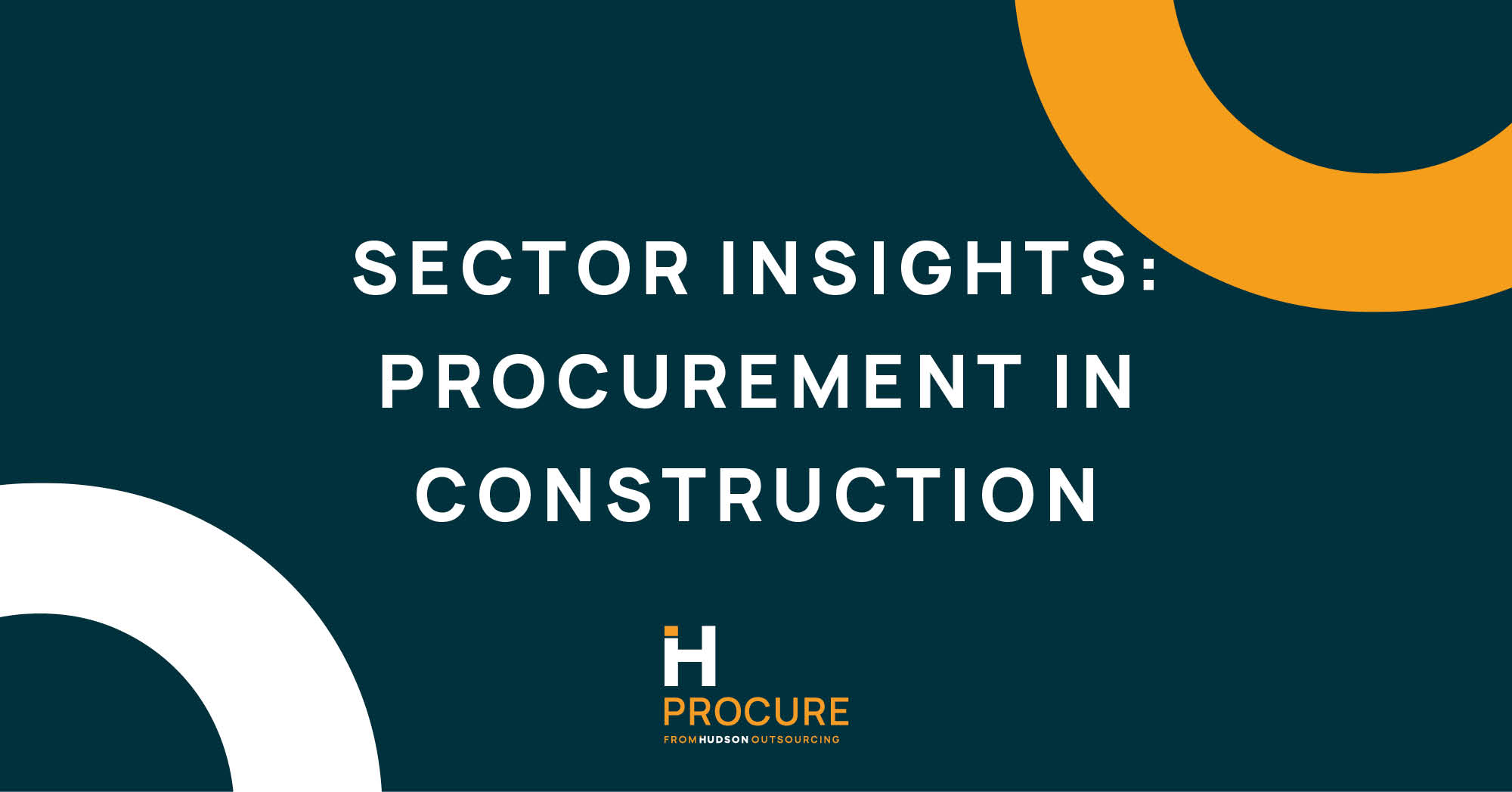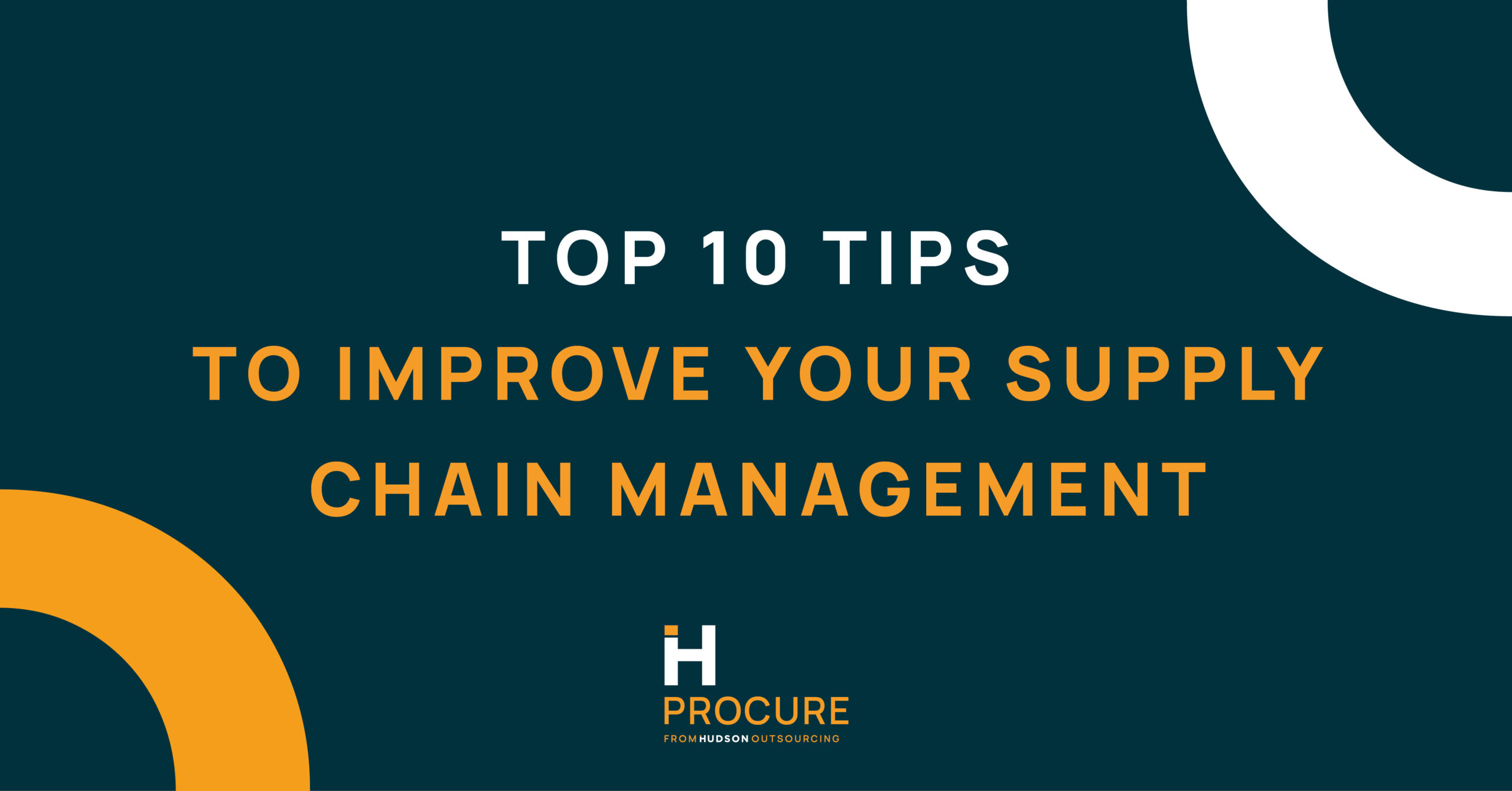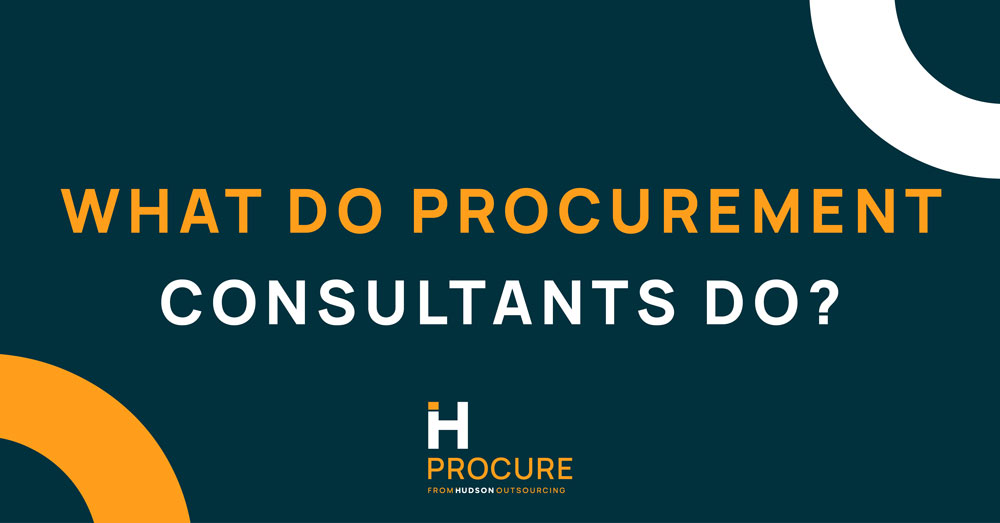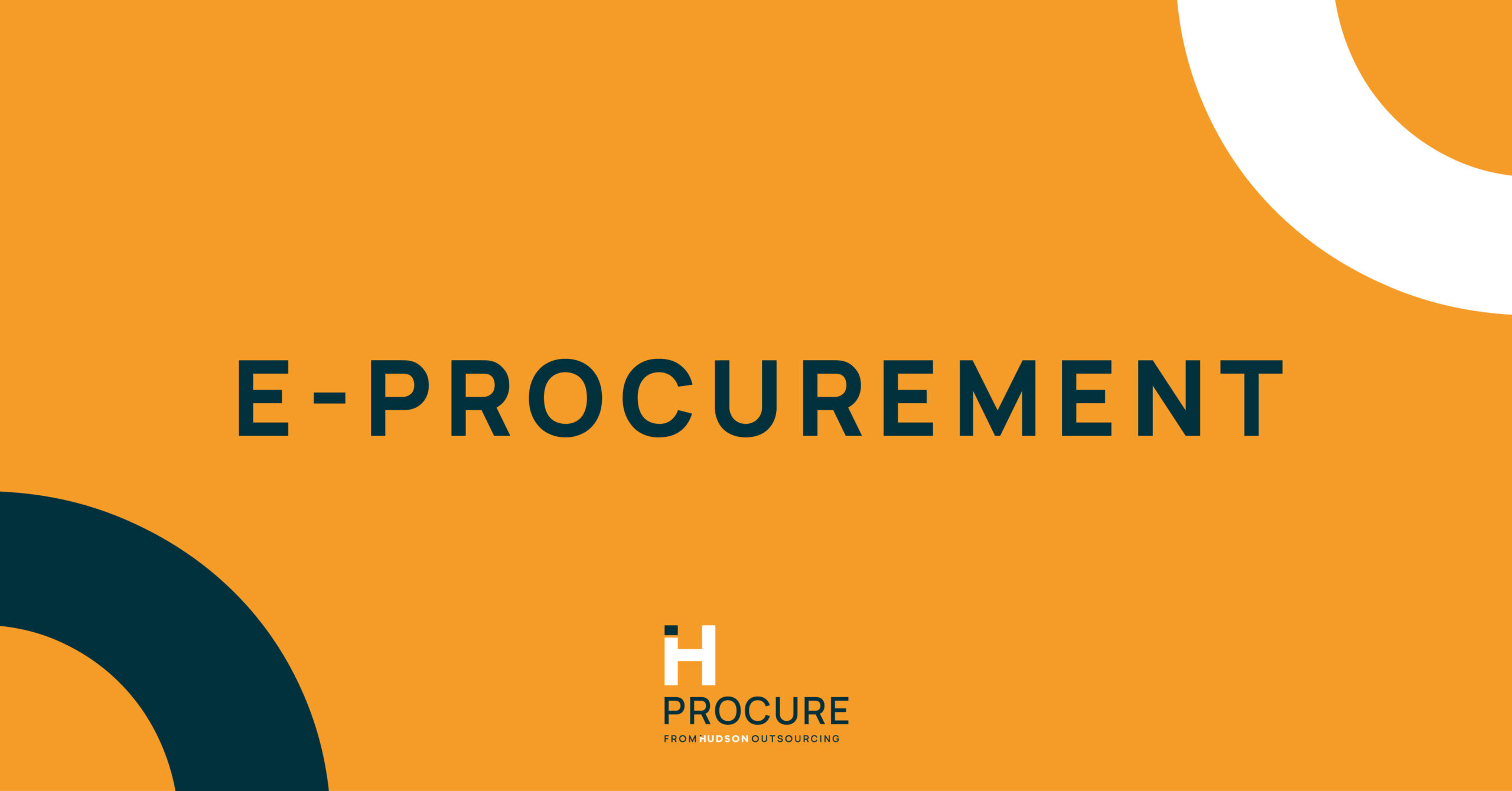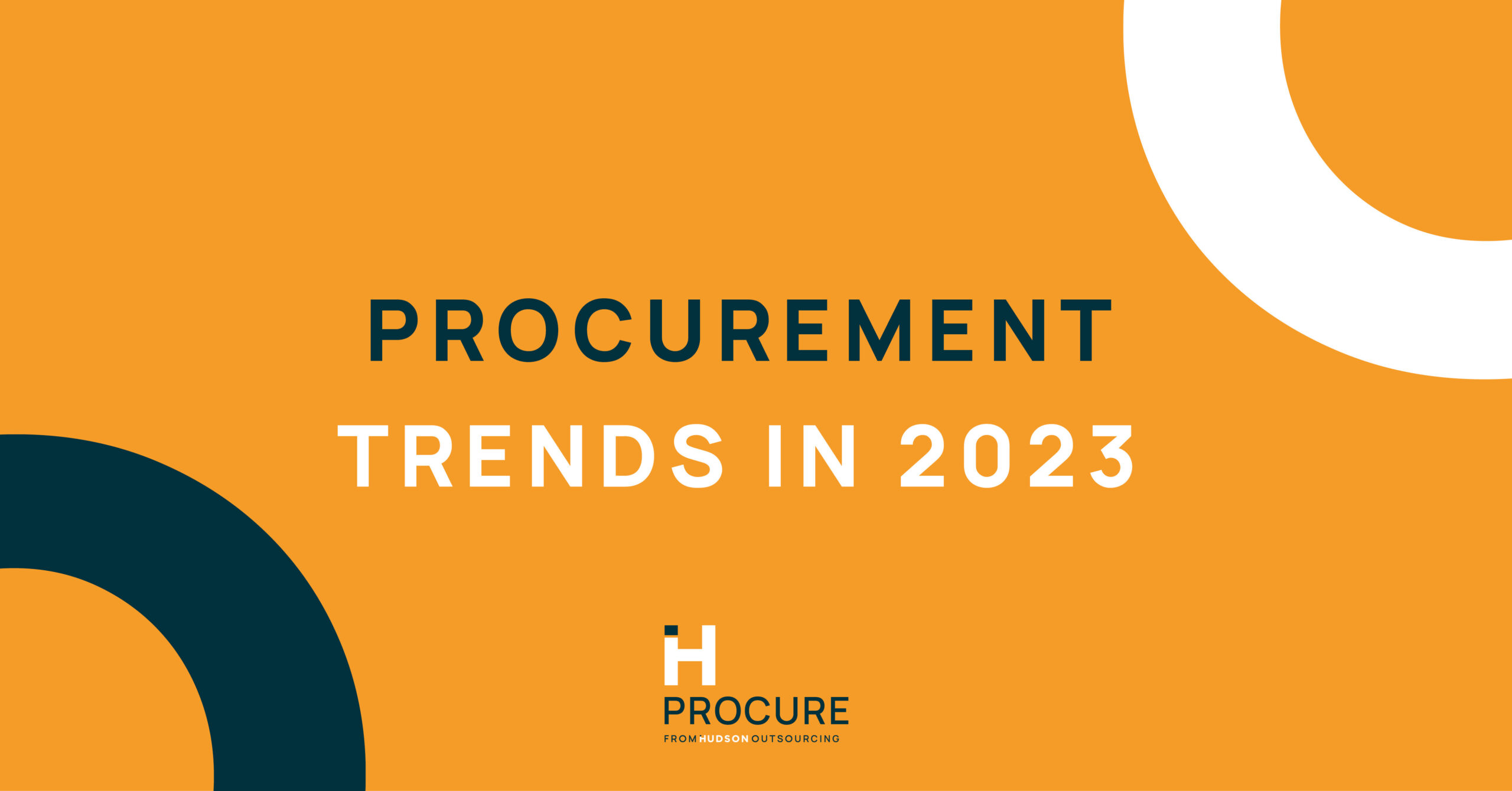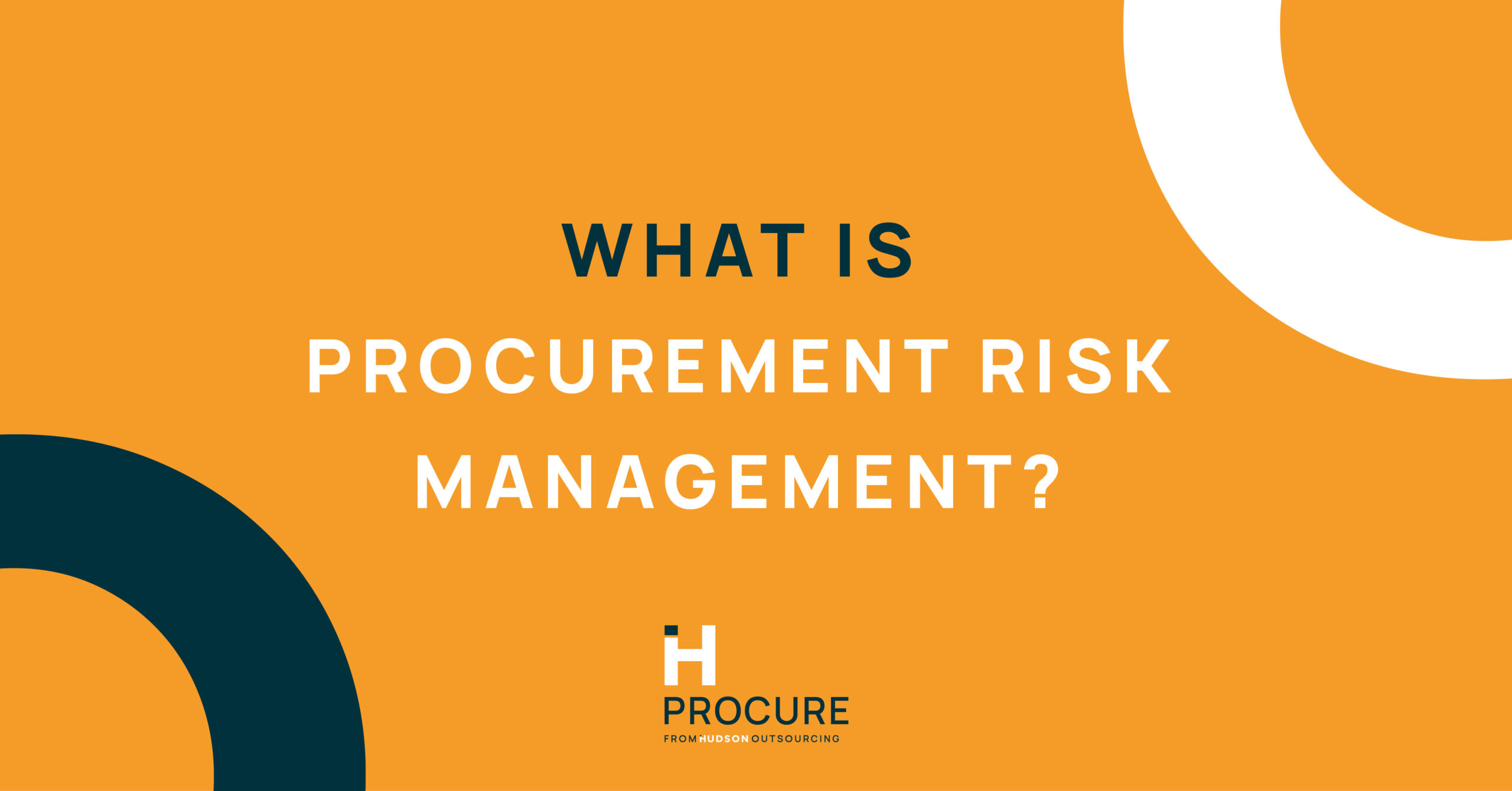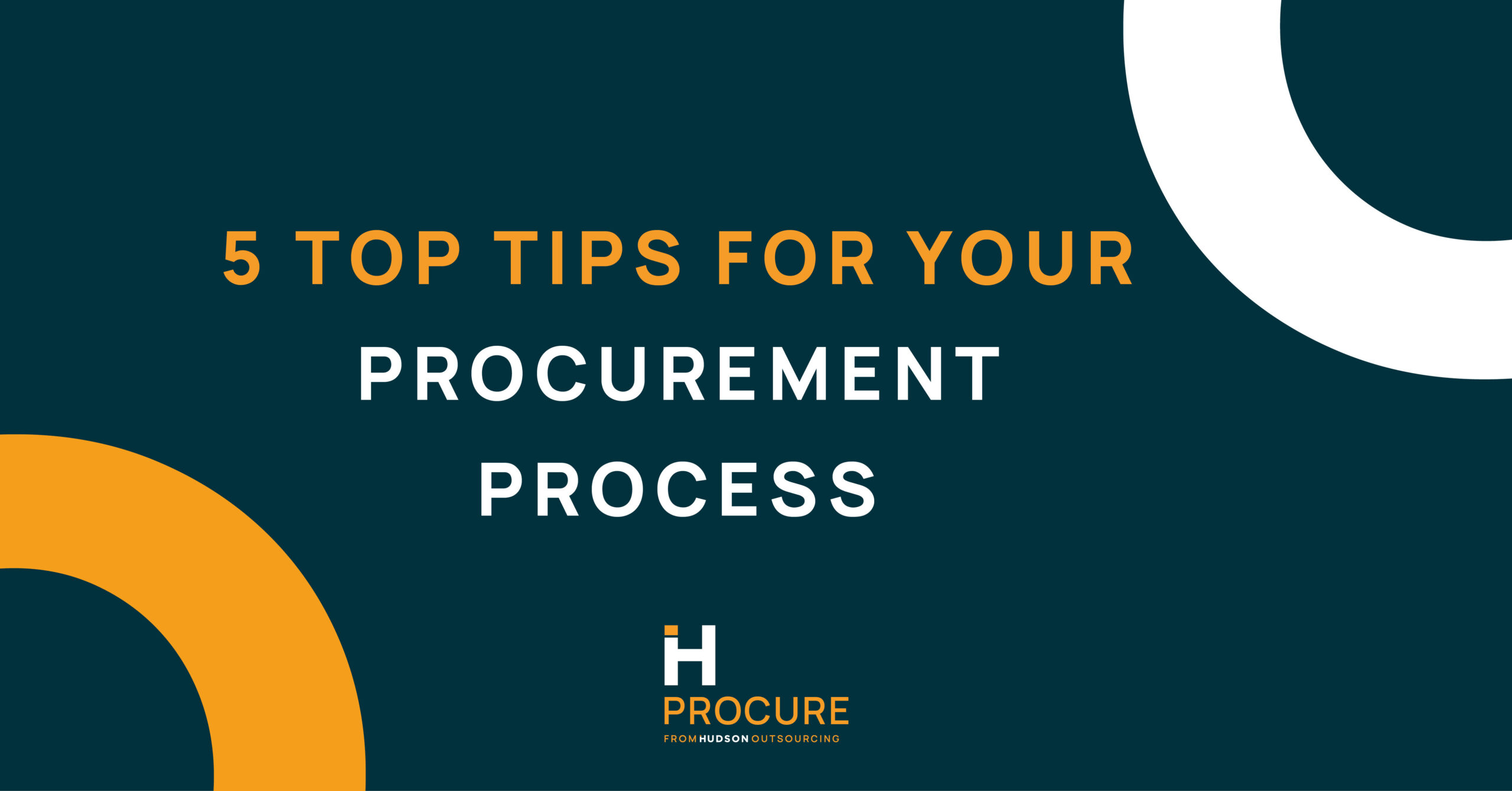Construction Sector Procurement – An Expert Guide
Construction procurement is the process by which bids are invited from interested contractors to carry out specific packages of work. These should adopt and observe the key values of fairness, transparency, clarity, and simplicity.
The procurement process is the method used to purchase goods or services. The process must be carefully managed to ensure that:
- Good value is obtained
- The correct goods or services are purchased
- A high level of quality is received
- Timescales are met
- Good relationships are maintained between the procurer and the supplier.
Establishing a procurement strategy at the outset is key to a successful outcome.
The strategy is likely to focus on issues such as:
- Speed
- Quality
- Cost
- Project constraints.
In the construction industry, the term ‘procurement’ is often used to refer to the selection of a contractor. Construction procurement routes most commonly followed in the UK are:
- Traditional contract
- Single-stage design and build
- Two-stage design and build
- Management contract.
Those in the construction industry will often procure their supply chain through tendering. Depending on the level of experience required, their procurement might be managed by an in-house team. Alternatively, this could be managed by an external consultant – just like Hudson.
So how does it all work?
The two most commonly used methods of tendering in construction procurement are single-stage selective tendering or two-stage selective tendering. Both of these stages involve the invitation of tenders from firms.
These companies may already be on a pre-approved or ad-hoc list. In some cases, the buyer is looking to source a new list of qualified businesses. Often, businesses win tenders because they meet certain minimum standards, such as financial standing, experience, capability and competence.
Usually, when it comes down to it, price and quality are where the competition element lies in construction procurement. During the two-stage process, the contractor is more likely to become involved in the planning of the project. This is particularly relevant to the earlier stages of the process.
Therefore, tenders are usually submitted with minimal information having been provided. However, in the second stage, the employer’s team will develop a precise document or specification.
This option is highly favoured for in-depth projects where a contractor may have a bigger design or architectural input.
The construction industry and procurement
We live in a world that is constantly changing, so much so, it’s become incredibly competitive. In turn, this means that expectations within the construction industry, whether it be cost, time or quality, have risen.
Businesses are now shifting to use more competitive strategies, meaning that construction procurement and tendering is becoming more common.
Historically, sourcing sub-contracting services within construction was quite a neglected element of the process. However, when the cost of materials and subcontracting increased considerably, the method of planning for future work changed.
Rising costs in the construction industry
As we’ve already established, the construction industry has seen an increase in costs in recent years, particularly for materials. According to the Department for Business, Energy and Industrial Strategy, the average costs were 23.5% higher in 2021 than 2020. This could lead to material shortages which, in turn, could increase the price of bids and tenders in construction procurement.
So, why are costs continuing to rise? One of the key reasons for this is the skills shortage that has hit the construction industry in recent years. As it has become increasingly more difficult to source staff, businesses are having to increase recruitment costs to find workers. This has also led to inflated salaries, as companies are paying more to secure staff and overcome the skills shortage.
Another reason for rising costs in construction procurement is the disruption to products and supply chains due to COVID-19. The pandemic has led to manufacturing processes being delayed or stopped completely. Construction companies are now facing material shortages, which has resulted in price increases for construction products and materials.
Labour and sub-contractors
Labour is a huge focus within construction procurement. A lot of time gets spent zoning in on finding the right labourers. So, why not the same for sub-contractors and other services?
This is because there is a traditional view of purchasing and sourcing within the construction industry. This isn’t a bad thing; it just means that they might not be as up to date as other sectors.
However, we have evidence this is changing – and rapidly. Since the launch of our portal, Construction Tenders, we’ve seen many businesses come aboard to post their contracts and tenders. Not only buyers, but we’ve also seen suppliers asking for help also. This is particularly relevant to construction companies that are trying to overcome the skills shortage in the industry.
Methods of selection in construction procurement
When assessing tenders, construction companies may look at long-term and short-term reactions that need to be accomplished. Of course, this will depend on the timescale of the contract at hand. If a bidder is able to conform (and has written a great response) then they’ll most likely be chosen. That is, if they meet the rest of the criteria points.
There may be a bit of competition that may arise from tendering for a single negotiation. Open and selective tendering can often rely on price as their main criteria, meaning some businesses may miss out.
Price is a tricky issue within construction tendering. Some buyers will favour proposals where quality plays a significant part in the weighting. However, this isn’t always the case.
Evaluation scope will often be set out in an ITT. If you’re a buyer, it’s important that you stick to these criteria when evaluating tender submissions from suppliers. For example, we recently looked at a tender for building surveying which was 50% quality, 50% price. This ratio tells suppliers what the buyer is looking for in a tender response.
In summary
So, now you know everything you need to know about construction procurement. In the construction industry, the most common procurement methods are single-stage selective tendering or two-stage selective tendering. There are advantages to both of these methods. The method selected for a tendering exercise will depend on the buyer and their construction project.
It’s also important to remember that the construction industry is constantly changing, which has a direct impact on construction procurement. Most recently, the industry is facing rising costs and skills shortages, which could increase the price of tenders for construction.
Finally, there are different ways that buyers can evaluate tender responses in construction procurement. The method of selection that the buyer chooses will depend on them and their construction contract. However, it’s important for buyers to stick to the method outlined to suppliers in the ITT.
How can Hudson Procure help your business?
At Hudson Procure, our procurement experts have nearly two decades of experience. No matter what kind of support you’re looking for, we can help.
Procure Consult
With Procure Consult, we offer support with tender management and ad-hoc procurement consultancy. Our expert team will manage the end-to-end procurement process or offer assistance with any stage, as and when required.
Procure Health Check
With Procure Health Check, we’ll conduct a full review of the strategic and operational procurement processes within your organisation. We’ll identify the areas that need improvement and help you drive greater value from the procurement process.
Procure Analyse
The purpose of Procure Analyse is to conduct a high-level analysis of your spending activity. We’ll help you understand your current purchasing behaviour and highlight areas that can deliver greater value. Procure Analyse is also offered as part of Procure Health Check or as a standalone service.
Procure Outsourcing
With Procure Outsourcing, we deliver a range of procurement solutions on an outsourced basis, completely bespoke to you. This can range from delivering multiple tender projects as a package to delivering the full procurement function of your organisation.
Get in touch for a consultation and find out how we can help your business grow.
Check out our other blogs for further Procurement Insights:

